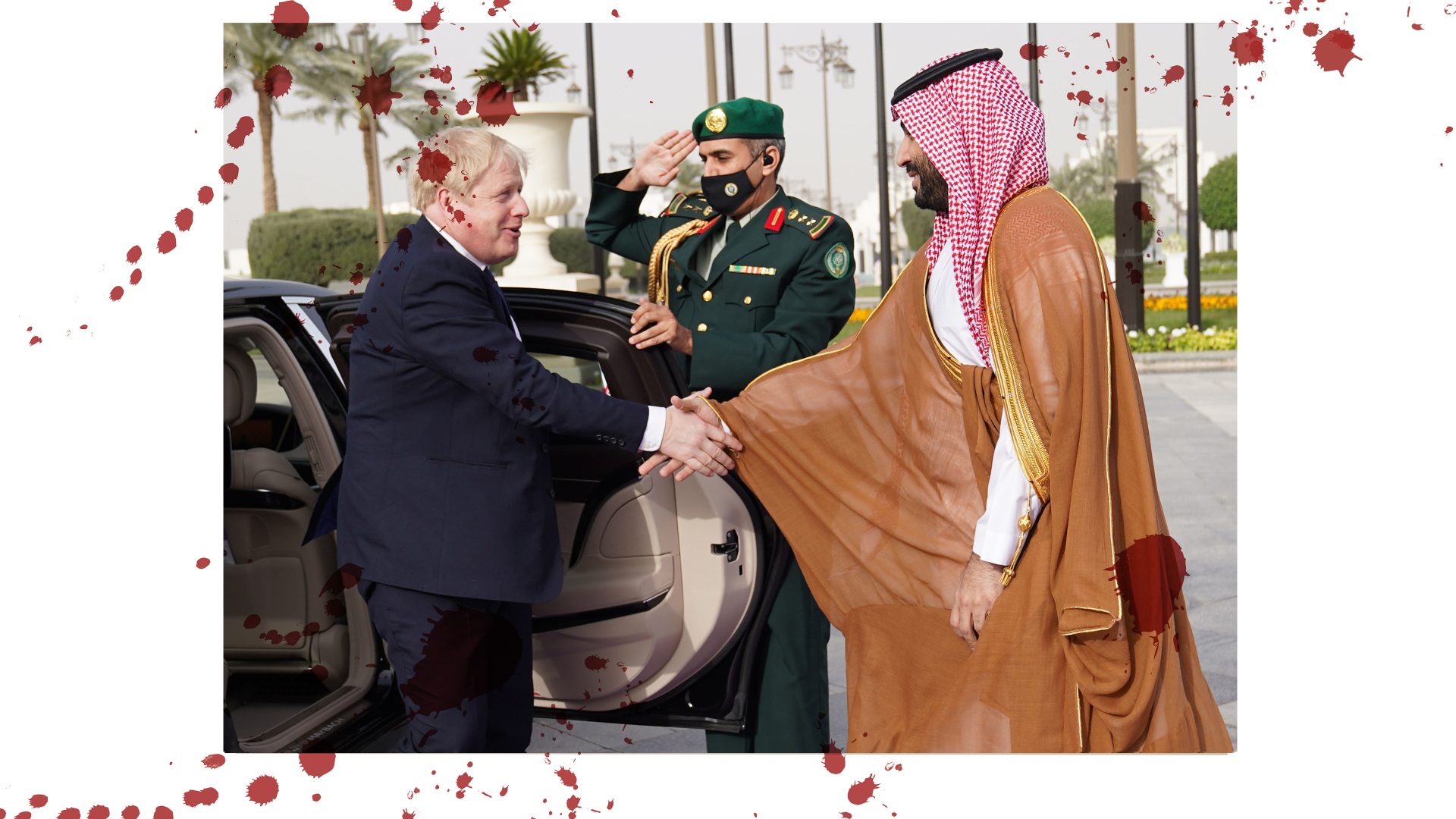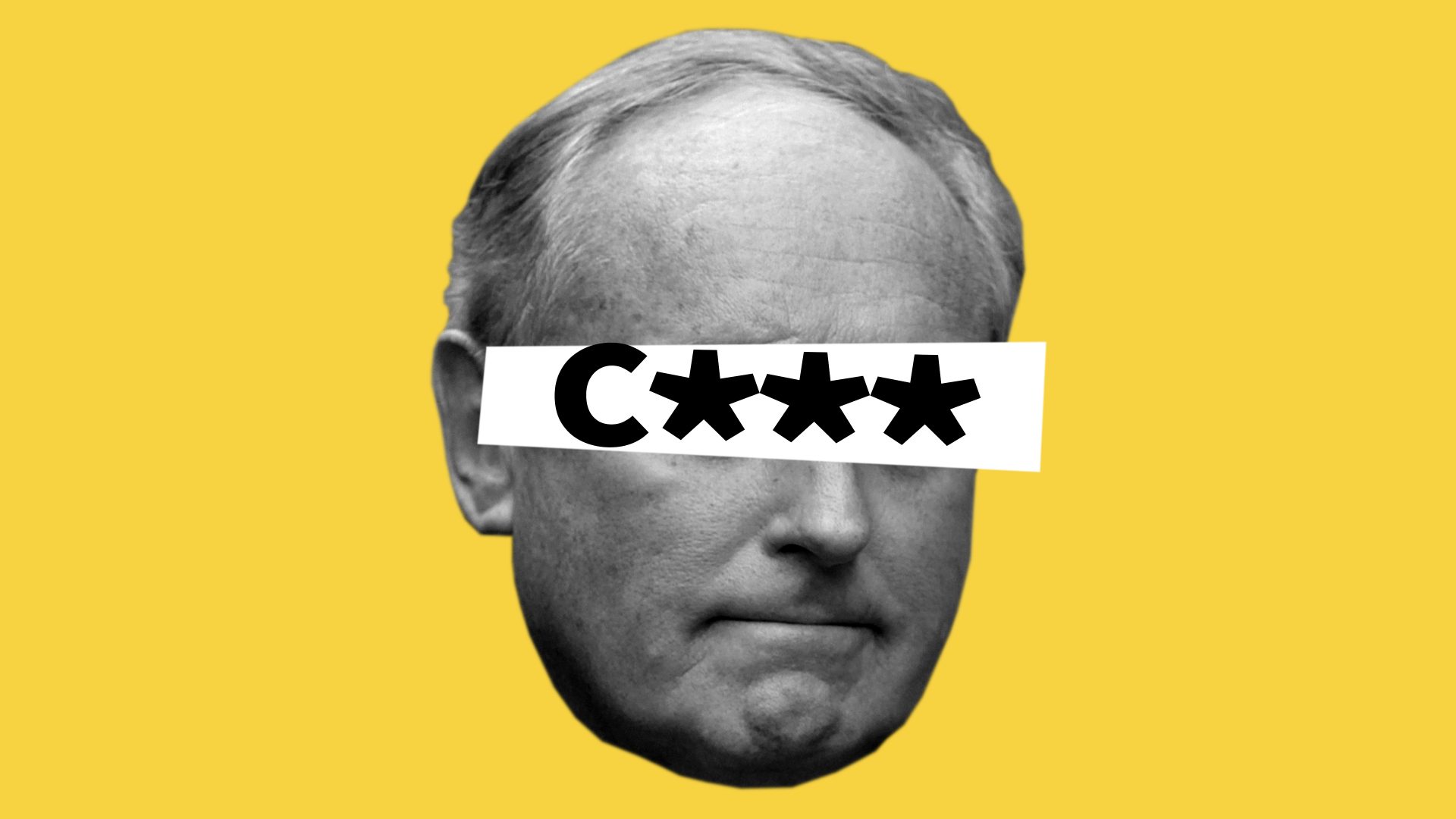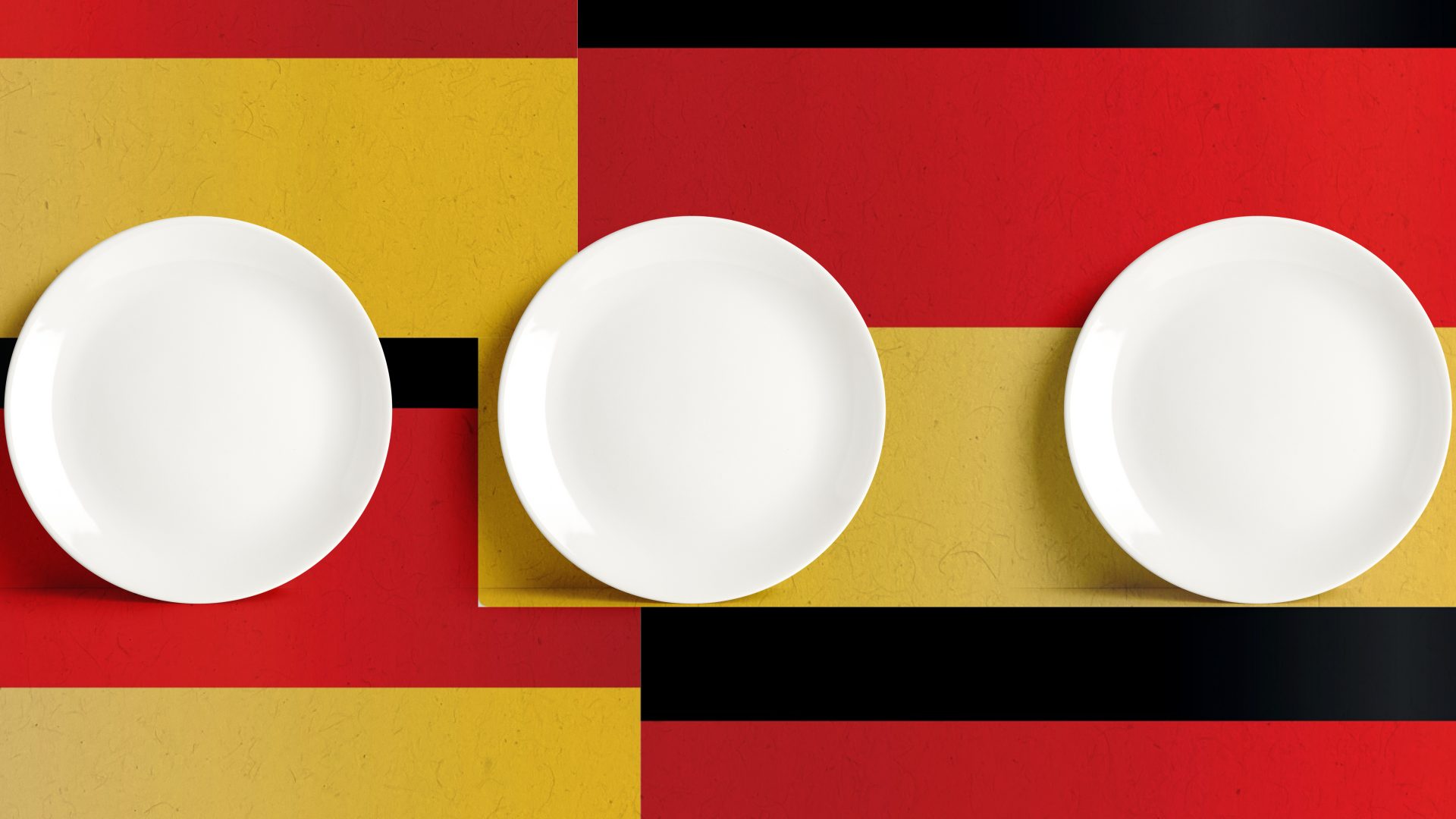“If only there had been some kind of warning sign,” said precisely no one sane as the world looked on in horror when Russian tanks rolled en masse into Ukraine. For two decades Vladimir Putin has told us exactly who he was, only for the world to shrug and carry on buying his oil and gas, building up his foreign reserves war chest as they did.
Never mind that he was accused of engineering explosions in tower blocks to cement his rise to power, orchestrating a brutal war in Chechnya as a response. Never mind his targeted assassinations of opponents in Russia and across the world. Never mind his complicity with Bashar al-Assad in Syria as he launched chemical weapons against his own people. Never mind his forced annexation of Crimea and eastern Ukraine.
We can keep him contained, we said. We have to be realistic, we said. What could we even do, short of starting a war with the world’s largest nuclear power, we asked? In recent weeks, we have seen some of the scale of what we could do, far short of war, and we should wonder what might have happened if we had tried to do more than the bare minimum at an earlier juncture.
We may have finally been forced to wake up to the consequences of the deal we made with Putin: gas and oil for a free rein, but Putin is far from the only despot in the world with whom the planet’s democracies deal, however uncomfortably. What happens if instead of focusing exclusively on Putin and Russia, we look at what we’re still doing elsewhere in the world? Are we about to learn from our mistakes, or simply repeat them?
Looking at the despot closest both politically and geographically to Putin, western nations must surely be feeling some regret when it comes to Belarus’s president, Alexander Lukashenko.
Last year, week after week, absolutely huge rallies – often more than the spurious 3.5% figure that can supposedly topple a government – formed against the man referred to as “Europe’s Last Dictator”, in a country where political protest can lead to years in prison.
But support for opposition leaders from the West was patchy at best, and eventually Lukashenko – who had previously kept some distance between himself and the Kremlin – folded, handed more power to Putin, and thus gave Belarus to Putin as a staging ground for this year’s invasion. Perhaps there was little more that could have been done, but the price of inaction has proved to be a high one.
Elsewhere, to call the picture mixed would be a dramatic understatement. A broad coalition of nations is engaged in sustained negotiations with Iran – a draconian theocracy, with dire consequences for women and LGBT minorities, which was happy to detain Nazanin Zaghari-Ratcliffe for six years – to lift sanctions and boost its economy in exchange for not developing nuclear weapons.
No party to the deal wants to do this because they like the regime running the country: it is simply a bit of pragmatic realpolitik that doesn’t want to risk a world in which both Iran and Israel have the bomb. Helping Iran’s government and economy is deemed a price worth paying to avoid that outcome.
Our dealings with other draconian theocracies are mixed: in Afghanistan, the US-led coalition ceded the nation back to the Taliban, all but wrapped up in gift-wrap and bow, after 20 years of promising the country’s citizens we would never do that – and leaving so hastily that many who believed us were left behind to die.
The US did, though, seize billions of the country’s foreign reserves, earmarking half of it for a potential fund for 9/11 victims, rather than the citizens of one of the world’s poorest countries, during a humanitarian crisis.
Other theocratic, dictatorial regimes get an even warmer treatment. Saudi Arabia, which in recent years killed and dismembered a US journalist in one of its embassies, and which this weekend executed 81 men in one day, is getting gladhanded by all and sundry.
Boris Johnson has just returned from a trip pressing the flesh, and no doubt quietly asking for some more oil, please, with his autocratic hosts – to whom we also cheerfully sell sophisticated arms and training, as well. The logic of doing this seems to be that our reliance on Russian oil and gas left us unable to respond when the country’s dictator got brutal.
That the natural solution our governments land upon is to find a new dealer, rather than wean ourselves off the hydrocarbon drug, says a lot about our governments – and a lot about our years-long failings on renewable and nuclear energy. Our oil dependency has even driven the US back into the arms of the Venezuelan government, which until recently it was desperate to depose after broad unrest following the country’s disputed 2019 re-election of Nicolás Maduro.
If there is any despot with whom we have unproblematic dealings, it must surely be the Supreme Leader of North Korea, Kim Jong-un. While we know he’s a murderer and a despot, with forced labour camps and more to boot, he doesn’t supply us with oil or gas, but has enough nuclear capacity to make us wary, too. Instead, we stay largely disengaged and quietly ignore that many of the rare-earth metals in our tech probably originate from his country, quietly laundered via China.
That brings us to the last despot of our whistlestop – and naturally incomplete – tour: China’s Xi Jinping himself, as he prepares for an unprecedented third term at the country’s helm, his hold on power seemingly firmer than ever.
Our dependence on China is far more profound than our dependence on Russia, even if it doesn’t stem from petrochemicals (of which China is a net importer). China has made itself indispensable in the world’s supply chains and financial markets. Russia is a faded superpower with an economy the size of Spain’s – while China’s rivals that of the US, and is all but certain to soon surpass it by some amount.
Russia is home to around 2% of the world’s population, while China has in excess of 15%. If confrontation comes with China, it is genuinely unclear whether it would even be possible to try all but the most token of sanctions.
As a result, the world largely ignores China’s behaviour, lest it become obvious that principles matter much more when applied to those with little power than those with a lot. Most of us in the free world believe there is a genocide occurring against the Muslim Uyghur population in Xinjiang, but most of us quietly ignore it – as do our governments and our major corporations.
We have seen China end Hong Kong’s historical freedoms and done little more than provide an exit route for those who wish to leave their home and travel to the UK. Could we really convincingly say we would take major action should China finally decide to invade and (as it sees it) reclaim Taiwan? It is not clear we would.
All of this is to miss what we’ve done elsewhere – how Myanmar’s supposed reforms led to little other than brutal ethnic violence against the Rohingya religious minority, followed by a return to military dictatorship. Or how India is rapidly descending into a religious ethnostate, or several other grim situations.
Dealing with despots is never going to be straightforward. The scars of the awful and profoundly misguided (to be generous) intervention in Iraq in 2003 shows us democracy can’t be imported by guided missile – but what has happened with Putin and Ukraine also shows us the dangers of appeasement.
We shouldn’t let our belated actions against Putin now blind us from the fact that we missed warning after warning, opportunity after opportunity, to head him off sooner, and perhaps at lower cost. We should try to be more alert in our dealings with his peers, too.




